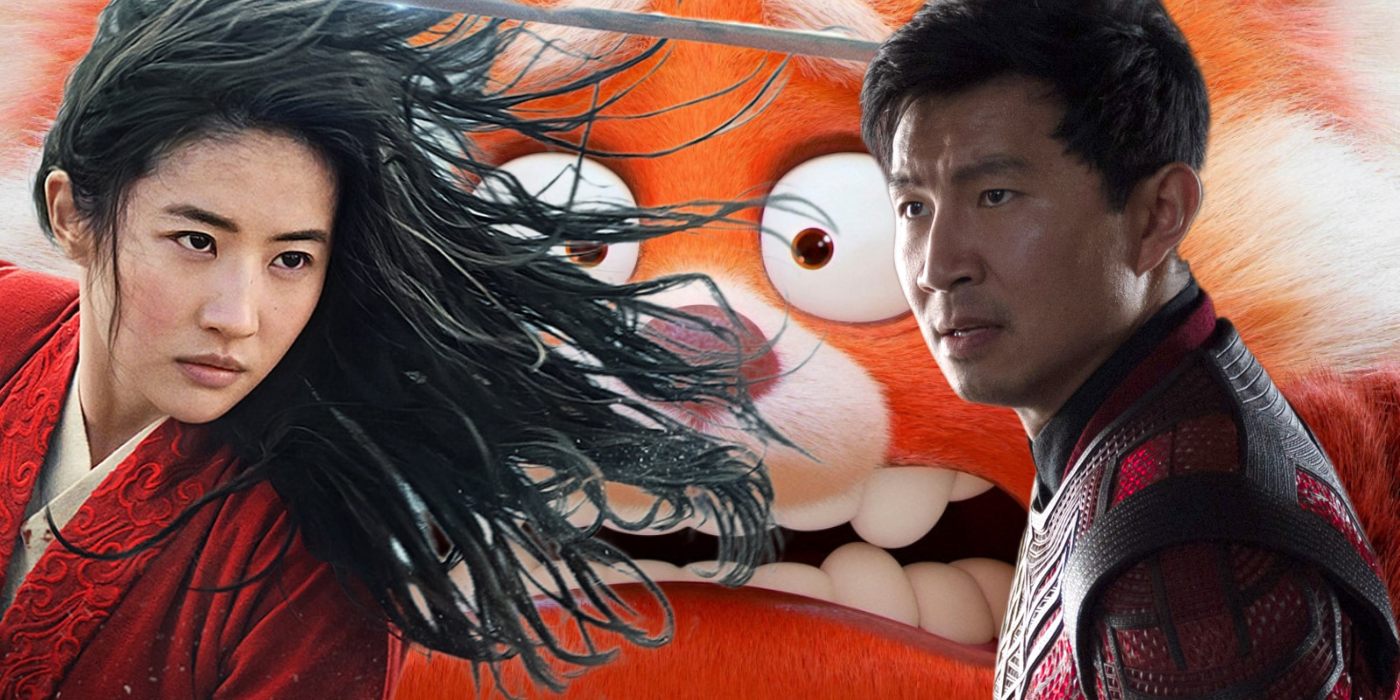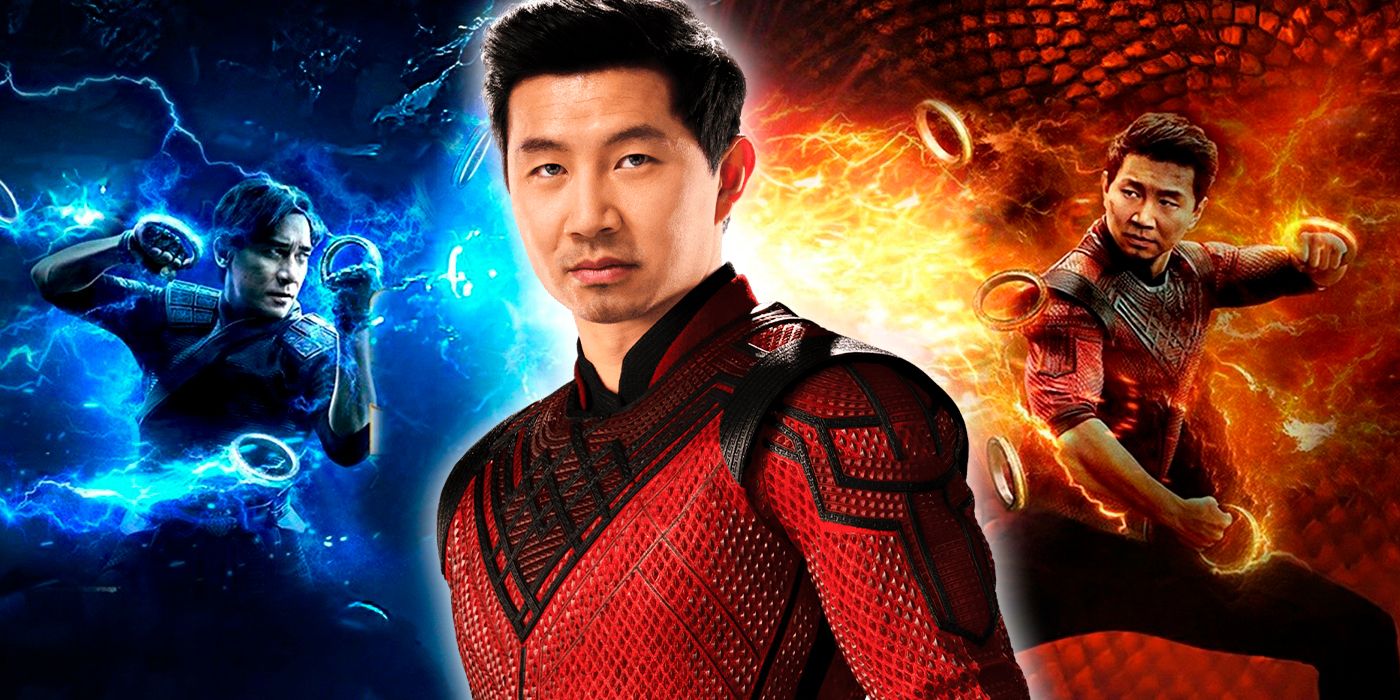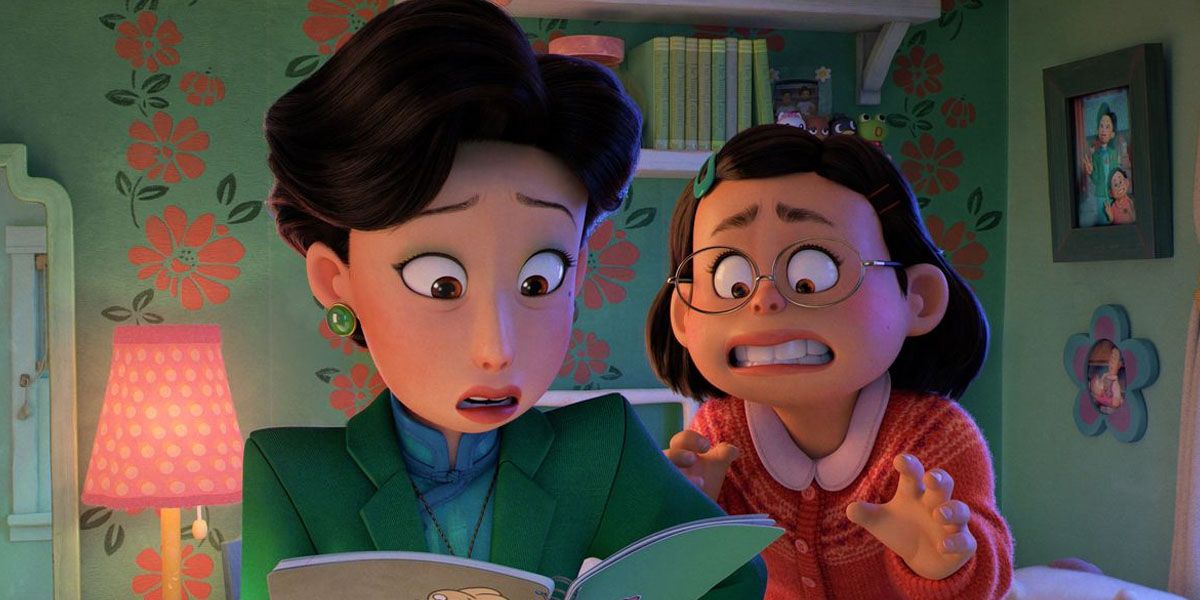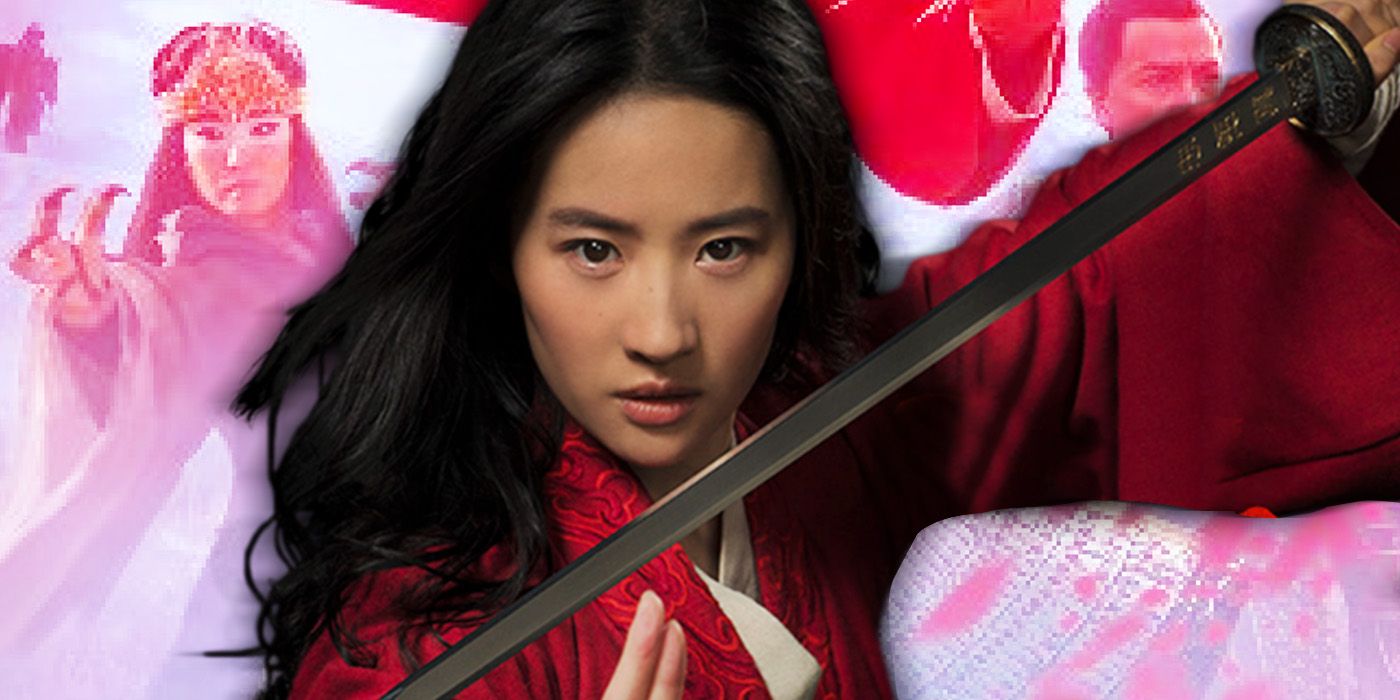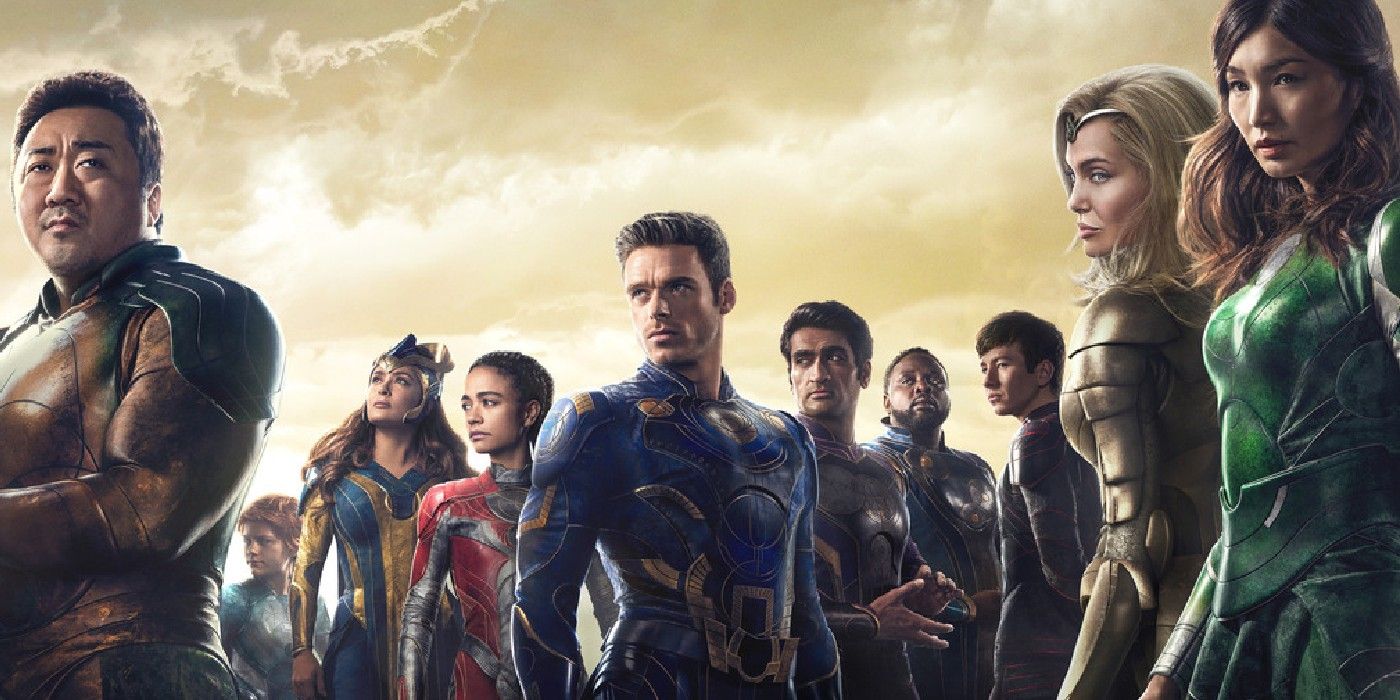The last two years have been pivotal when it comes to the relationship Hollywood has with China and Chinese audiences. Huge cultural shifts brought on by an authoritarian government have effectively ended the once-increasing focus studios placed on tailoring major blockbusters to the specifications and preferences of state censors.
While it should be a welcome change, it may have some fairly sizable consequences that should be taken into consideration. Namely, the continued representation of Chinese people. It’s worth stating at this point that there is a multitude of issues when it comes to the representation, or lack thereof, of Asian people in general, but Hollywood’s association with China resulted in a fairly unique situation for Chinese people and Chinese diaspora in particular.
Over the last decade or so, Chinese actors and studios have become more prominent in some of the biggest theatrical releases. In the beginning, films were released into Chinese theaters with minor changes or additions, as in the case of Iron Man 3, which had an entire scene shot specifically for Chinese theaters. It featured actor Fan Bingbing and was seemingly tacked on to one of the final scenes. Fan appeared again not too long afterward, this time included as part of the cast of X-Men: Days of Future Past, in which she played Blink.
Prior to these films, Fan, one of China’s most famous actors, had not appeared in any major Hollywood projects prior to 2013, around the time Hollywood began to look for ways to circumvent the narrow quota Chinese authorities had set for foreign films. Not only did Fan’s casting increase the appeal of a Hollywood film for Chinese audiences, but the casting of Chinese actors would turn certain films into Chinese co-productions, allowing films such as X-Men: Days of Future Past to be made exempt from the quota.
While not every project targeting Chinese audiences was designated a Chinese co-production, Hollywood appeared to find that inclusion of Chinese elements would give projects a greater chance of making it past censors, who have become increasingly focused on instilling a sense of nationalism and promoting the image of China’s superiority, among other things. Suddenly, throughout the 2010s, Hollywood saw the release of films featuring at least one Chinese character or Chinese setting or being deliberately rewritten to avoid issues with censors. China had found a way to softly export its censorship policies, which did not go unnoticed.
Following a brief period in which films like The Meg and Godzilla: King of the Monsters would feature Chinese actors playing some iteration of a monster expert or inexplicably bring heroes to China, or rather, the Hong Kong Special Administrative Region, certain studios began shifting focus to Chinese characters and stories. Disney and Marvel Studios began working on Chinese-centric projects such as Mulan, Shang-Chi and the Legend of the Ten Rings and, most recently, Turning Red. Of course, all three of these projects arrived during a tumultuous global era, which saw the shutdown of theaters worldwide, as well as the Chinese Communist Party’s centennial.
These events combined to essentially restart Chinese theaters completely, with a new approach to cinema. The quota was decreased further, and cinemas were required to play propaganda films all throughout 2021. With record-setting hits such as The Battle at Lake Changjin, China proved that it no longer valued Hollywood as much as Hollywood appeared to value the Chinese market, evidenced by the fact that only a handful of Hollywood blockbusters made it into Chinese theaters in the last couple of years.
That brings us to the trend of including Chinese characters, settings and stories. The reasons behind the inclusion were never something to be applauded, especially since it often forced marginalized people and cultures to be further censored or dismissed entirely, but that does not mean that the inclusion of Chinese characters in the film was itself an evil thing. It’s crucial that studios continue to tell these stories. However, they should do it without the influence of the Communist Party-ruled Chinese government and its censors and instead do it for the millions of people comprising the Chinese diaspora and for Chinese people, who continue to consume Hollywood films with or without the permission of their government.
Ideally, that would mean telling stories tailored instead for Chinese diaspora, hopefully helping to undo some of the damage that the CCP’s influence inflicted. For those wondering what kind of damage has been done, let’s take a look at Shang-Chi and the Legend of the Ten Rings as just one example. Ostensibly, the film was about a clash of cultures and the experience of an Asian-American. But it failed to take advantage of its opportunity by taking its central characters to China rather than keeping them in America, which would have arguably helped normalize Asian-Americans as part of the American culture rather than distancing them from it. In contrast, Turning Red, which was produced at a time when Hollywood had begun decoupling from China, manages to tell an authentic Chinese-Canadian story (although it was, of course, so much more than that) while respecting Chinese culture.
In order to continue telling those stories and giving Chinese diaspora a voice on the big screen, it’s crucial to continue supporting Chinese filmmakers such as Domee Shi and Chloé Zhao. Not because having Chinese creators involved may appeal to China’s censors, but because they have stories to tell. And those stories need to be told without marginalizing or outright erasing other minorities, such as Tibetans, Mongolians and Taiwanese people.
Now that Hollywood has stopped pandering to the Chinese government, it’s time to support Chinese people — tell their stories and explore their values and beliefs, which have seldom been told on the big screen. For too long now, it’s been muffled by ignorance or authoritarianism, and it has to stop.
Read Next
About The Author
